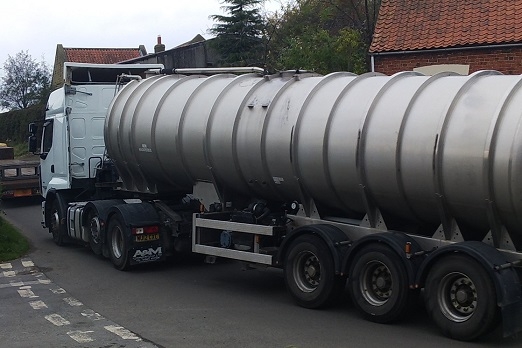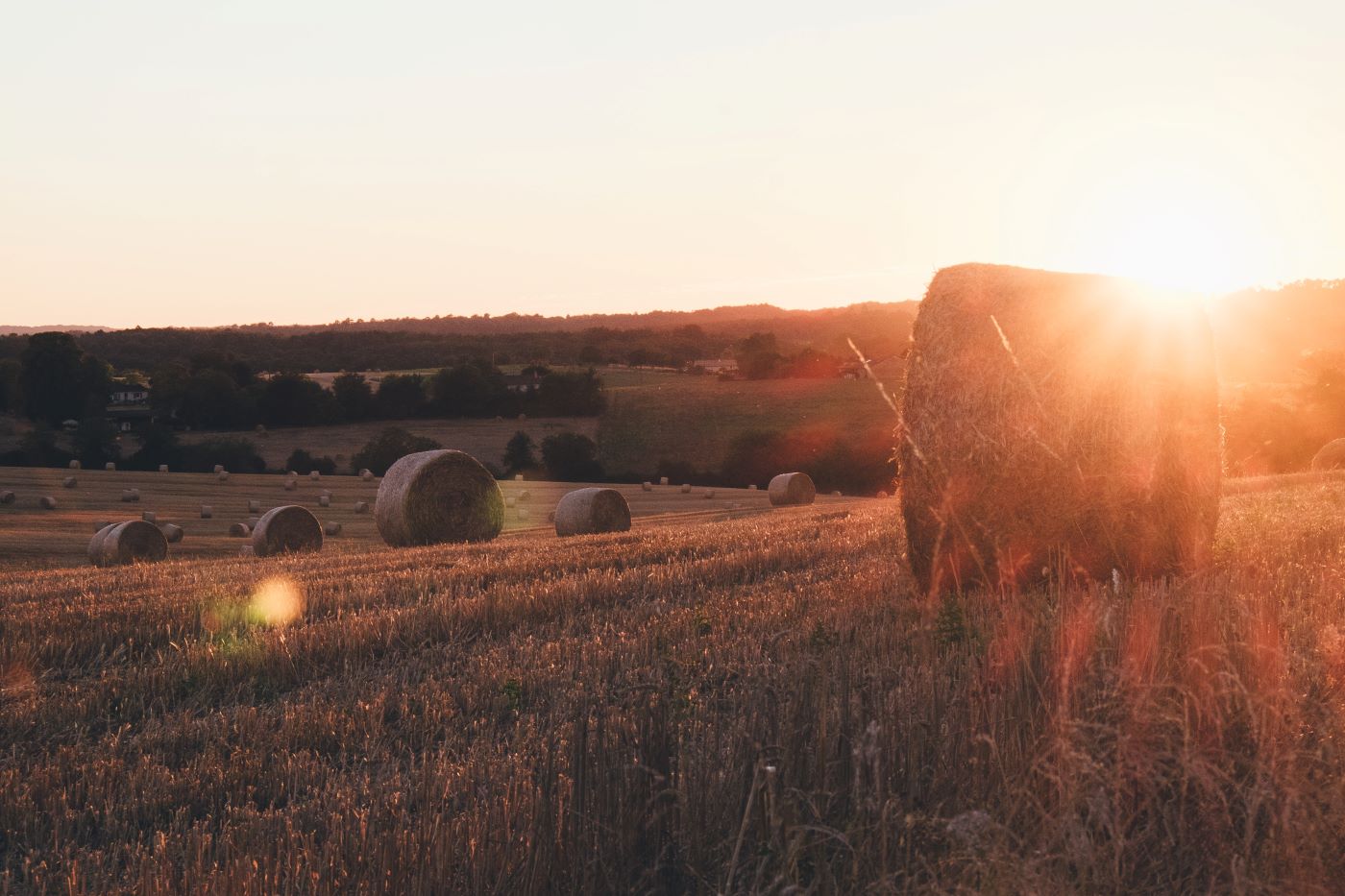Over the past few years we’ve seen thousands of people mobilise against the threat of fracking, both through public protest and online activism. Most of them are citizens-turned-campaigners, challenging the industry at every stage of the process. But despite its industrial nature, fracking is a real rural issue – some of our most characterful landscapes are on the frontline, so it’s no surprise that countryside communities are the ones fighting back the hardest.
The English planning system can be difficult for local people to navigate, and is heavily weighted in favour of fracking. But it’s currently all we have, and people have been making the most of it - from countless letters objecting to inappropriate applications, to emotive speeches in planning committees. Opponents are rightly using every possible avenue to question whether fracking can really benefit communities and the environment, as well as the economy. Achieving that balance, after all, is the whole point of planning. And it’s clear that the industry cannot currently pass the test.
That could be why the government wants to bypass the system that is the very conduit through which local voices are channelled. Last Thursday, ministers announced that they want to ‘ensure that local communities are fully involved in planning decisions that affect them’, but followed that up with a raft of proposals to take these decisions further out of local hands. And while there was some effort to soften the blow with the suggestion of statutory pre-application consultations, this seems to be more of a distraction from the significant weakening of the part of the planning process that carries any weight in decision-making.
If the proposals to treat some shale exploration as ‘permitted development’ are carried through (removing the need for planning applications), drilling could receive the same right of permission as the wish to build a conservatory. Surely, the amount of local opposition to all recent fracking applications shows this issue needs more scrutiny (including comprehensive environmental impact assessments) and democratic debate, not less?
Not to worry, the government has found an easy way to take this issue off our plate. They’ll treat fracking as a Nationally Significant Infrastructure Project (NSIP), along with railway lines and reservoirs, allowing shale extraction to be fast-tracked in the ‘national interest’. We’ve heard that reasoning before, when Sajid Javid reversed Lancashire County Council’s decision to reject fracking. Is this really to be the ‘UK model’ for the shale gas sector, which ministers said they want to proudly export around the world?
Under the new plans, it is clear that localism is dead as far as fracking goes. The message seems to be: ‘We tried it, but we didn’t get what we wanted. So we’ll decide on your behalf. Instead of justifying why shale gas is of national importance, we’ll simply assert that “we believe” it is. And that’s enough to prove that what we’re doing is right for the country.’
And yet, this ministerial statement also confirms Caroline Lucas’s belief that ‘fracking is on a life support system, and the government is trying to shock it back to life.’ The government has felt the pressure from the people, and responded by pulling out all the stops to push fracking through regardless. Whatever was left of fracking’s social licence, it’s truly gone now. Now is the time to pick up the campaign, and ensure that local people retain the right to a say in their futures.
Find out more
CPRE call fracking announcement 'outright assault on local communities'




